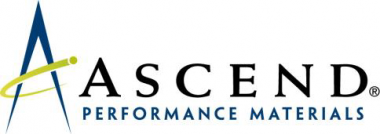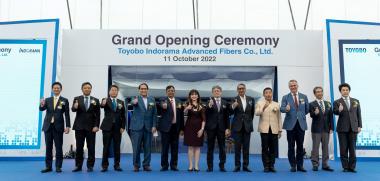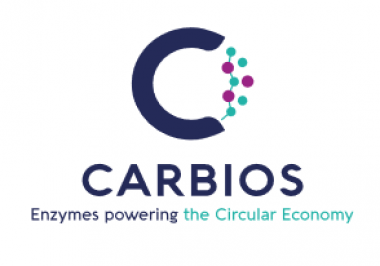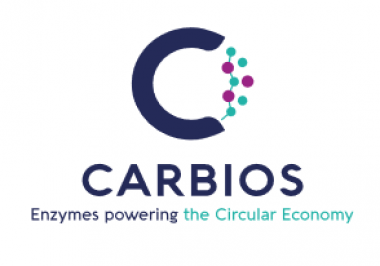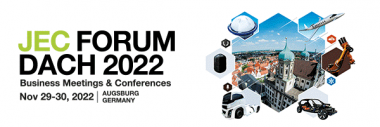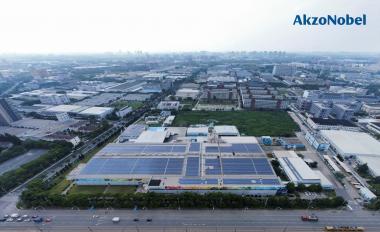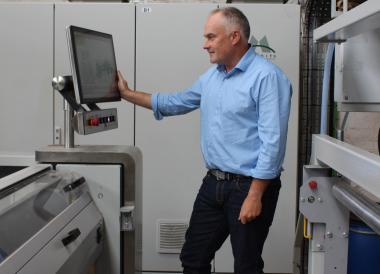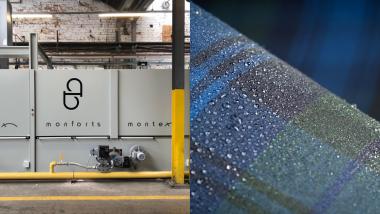CHT: From plastic waste to textile finishing: ARRISTAN rAIR
- made out of recycled PET flakes and recyclable again
- suited for finishing recycled yarns and fabrics
- moisture management in sports and active wear
For the sustainable use of resources, the CHT Group has developed the product ARRISTAN rAIR, according to the principles of the circular economy. Here, plastic waste is converted into a valuable textile finishing product to achieve, for example, optimal moisture management in sports and active wear. Other areas of application include socks and tights in the clothing sector, filtration media and nonwovens in the technical textiles sector, and pillows and curtains in home textiles.
Since ARRISTAN rAIR is made out of recycled PET flakes, it is suited for finishing recycled yarns and fabrics which are subsequently recyclable again.
The hydrophilizing agent ARRISTAN rAIR is characterized by its fast-drying properties in combination with excellent soil release and thermoregulation. It therefore offers, especially in the field of functional textiles, optimal functionalities for high-quality and durable sportswear.
CHT Germany GmbH













